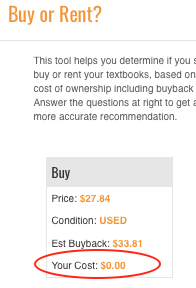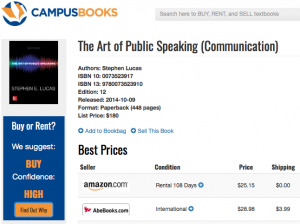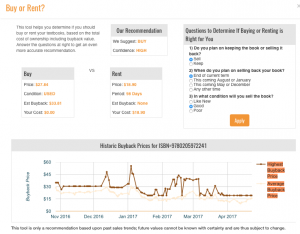Around 26.4 percent of 16- to-19-year-olds and 18.4 percent of 20- to-24-year-olds are active community volunteers, according to the most recent research from the Bureau of Labor Statistics. Yet many college students forget to mention this important experience when applying for jobs. In fact, less than a third of all job seekers mention unpaid work on their resumes. Don’t underestimate the value of volunteering! These are the reasons you should mention any community service on your resume.
Volunteering Teaches You Vital Career Skills
Volunteering teaches new skills and helps you hone existing ones. You might pick up job-specific skills, such as how to prepare food or update social media channels, as well as more general skills transferable to any role such as working as part of a team and managing your time effectively. Ninety-two percent of interviewers recognize that volunteering builds leadership skills, according to research from professional services firm Deloitte.
While employers slightly favor candidates with experience that relates to their positions, any volunteering work is valuable. Whatever you take from working in a real-world environment, your prospective employer will want to know about it.
Volunteering Helps You Beef Up Your Resume
At your tender years, you probably don’t have much paid work experience. You might have held a summer job at a fast-food restaurant or worked part-time at your local mall at best. However, even these aren’t likely to impress a potential employer. Noting your volunteering experience helps to separate you from the rest of your classmates by showing you have more to offer. This is especially important when you have little to no paid-work experience.
Volunteering Reflects Well On Your Character
Without money as an incentive, people do it for a variety of deeper reasons. Perhaps you volunteered to become more job-ready or make industry contacts. You might have been motivated by a desire to help others or your community. Whatever drove you to volunteer, you’ve displayed the sort of energetic, can-do attitude employers love. In fact, 82 percent of interviewers told Deloitte they prefer job applicants who have volunteered. Failing to mention your volunteering experience on your resume is failing to seize the opportunity to show you could be a valuable asset to any workplace.
Volunteering Gives an Insight Into Your Interests
When you take a paid job as a college student, you are probably happy to accept almost anything that comes with a paycheck. Deciding where to volunteer is likely to be a more personal choice. You might spend time reading to the elderly because you’re interested in working in aged care or volunteer at an animal rescue because you’re passionate about pets. Whatever your choices, noting your volunteer experience on your resume will help a potential employer get to know you better before the interview stage.
Volunteering might not be paid work, but it provides valuable experience any employer will want to know about. Remember to list your volunteering work and achievements proudly alongside any paid work on your resume.



 What’s total cost of ownership? That’s what it costs you to get the book and use it, whether that’s buying it and selling it back or renting it and returning it. Sometimes it’s cheaper to rent, sometimes it’s cheaper to buy and sell back, and now you can know and make smart money decisions rather than guess and take a costly hit.
What’s total cost of ownership? That’s what it costs you to get the book and use it, whether that’s buying it and selling it back or renting it and returning it. Sometimes it’s cheaper to rent, sometimes it’s cheaper to buy and sell back, and now you can know and make smart money decisions rather than guess and take a costly hit.